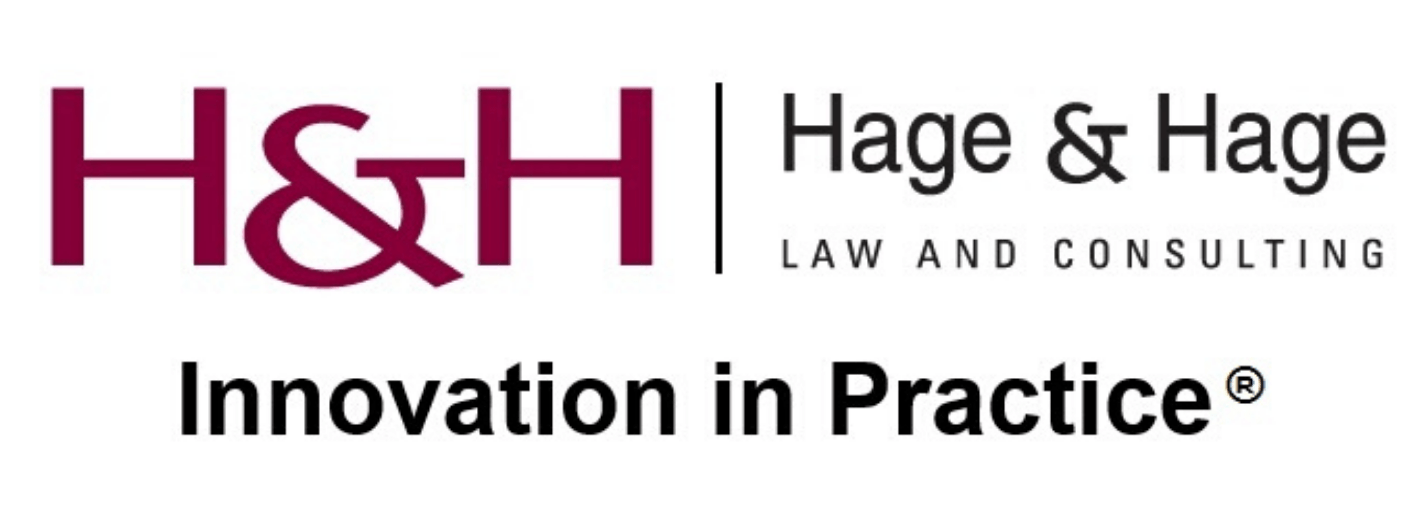Are you a homeowner looking to “get off the grid” by installing a solar panel on your roof or property? Are you a rural landowner who was approached by a solar company looking to lease a portion of your land to install solar panels? Or are you a solar developer looking to break into the New York solar market? Whatever category you are in, there are a variety of legal issues that you may encounter throughout the process. You need a legal advisor with experience.
H&H has extensive experience with the issues associated with sustainable energy. We stand ready to assist you, whether you are a homeowner looking to install your own solar panels or a commercial developer looking to install large commercial solar arrays.
Homeowners can certainly benefit from installing solar panels on their property. Installing solar panels can typically lower (or even eliminate) the need to purchase electricity from the power grid. Depending on the electric rates in your area, you could save a significant amount of money each year. Further, there may be federal, state, and local tax incentives available to reduce the cost of installation.
There are specific legal issues which may complicate your installation efforts, though. For example, homeowner associations or neighbors may object to your plans; and local municipalities may have specific ordinances regarding installation, including zoning restrictions and adequate permitting and inspections after installation. Finally, solar installers have their own agreements which determine the terms and conditions of installation, maintenance, and repair which are important for you to understand.
In the rural areas of New York, more and more landowners are being approached by solar developers looking to lease portions of farmland that may be suitable for large-scale commercial solar arrays. At first glance, many landowners are excited when presented with the opportunity for a guaranteed income stream on portions of their land which they may or may not use. However, in many cases these leases are not as beneficial for landowners as it may seem.
For example, solar developers may install large arrays on your property, but decline to connect your home to those arrays. Thus, you, the landowner, must still purchase electricity from the grid and will not directly benefit from the energy generated from the arrays on your property.
Typically, solar leases are in the 15 to 25-year range. With such long life-spans, an issue to consider is whether the solar company will still exist at the end of the lease term. If it does not survive, what happens to the solar array? Who is responsible for maintenance and, eventually, removal of the array if the company ceases to exist, or the lease term expires?
There are also many issues associated with the lease payment itself. A few questions that a landowner must ask include: what is the value of the land to be leased (taking into account its present use but also other potential uses)? How much does the developer stand to profit from the array, and should you, the landowner, share in those profits? Is the land more valuable as farmland, or is it (or will it become) unsuitable for agricultural use after the lease? Will the lease payment stay the same or will it escalate over the years to account for factors such as inflation?
You should also know that there may be penalties assessed when converting the use of agricultural land from an agricultural use to a nonagricultural use. Who pays those penalties?
These and many other unique issues can present themselves when a homeowner or developer pursues solar or any other sustainable energy development.
In all of these cases, the need for experienced and effective legal representation is key. H&H stands ready to assist you with all of your sustainable energy needs. Please contact us today for a consultation.






